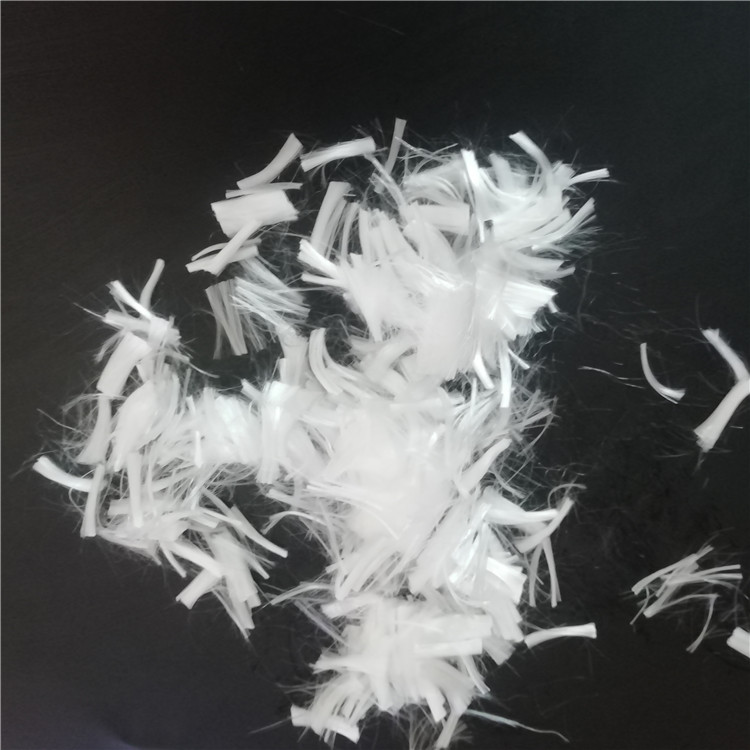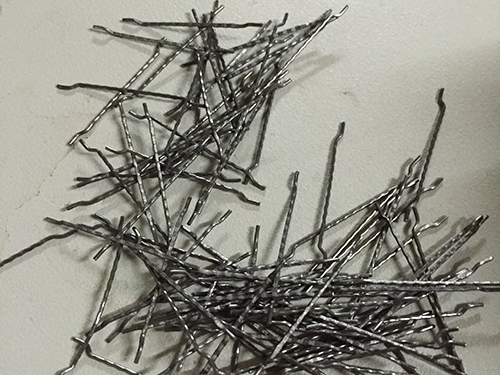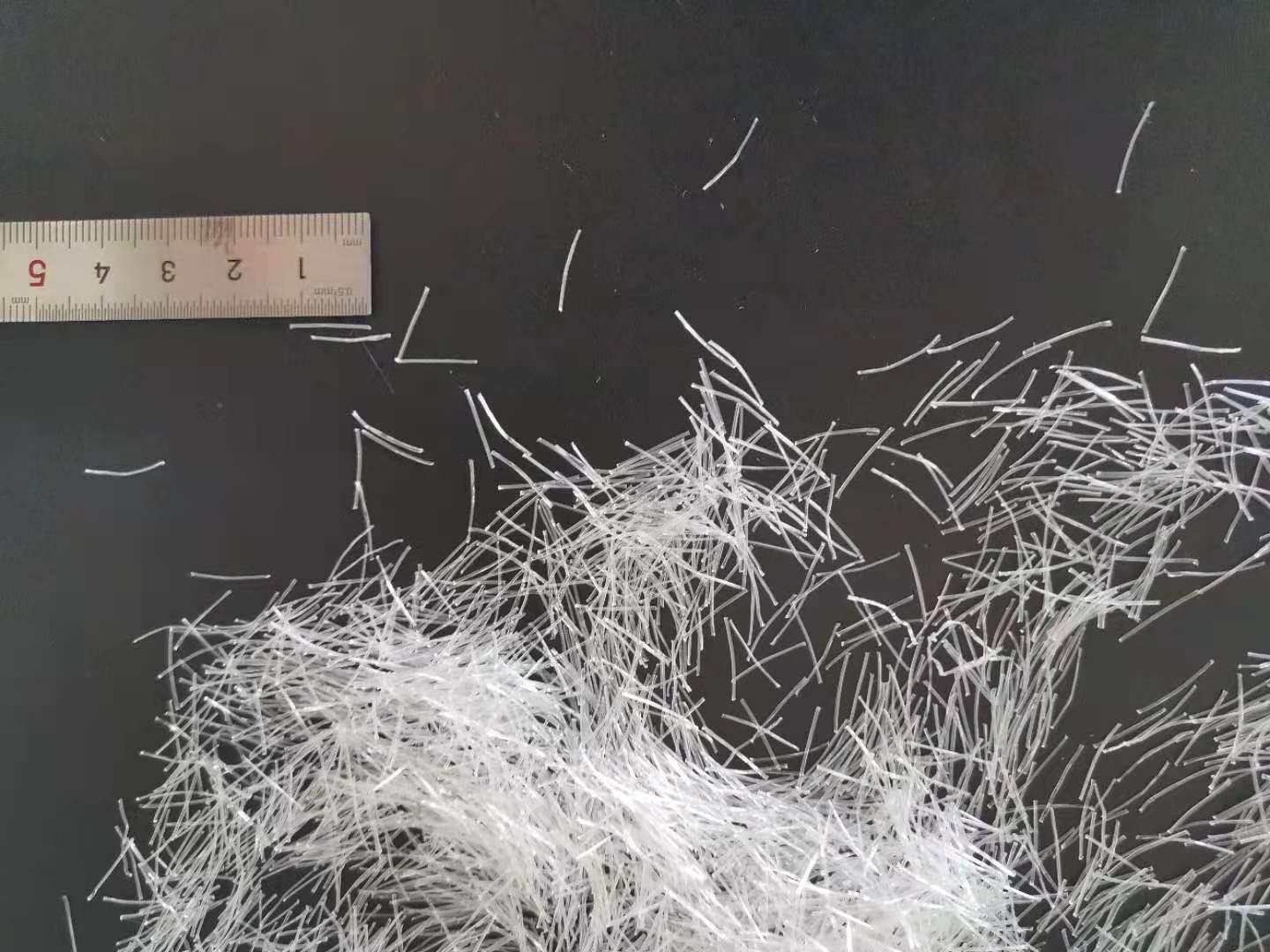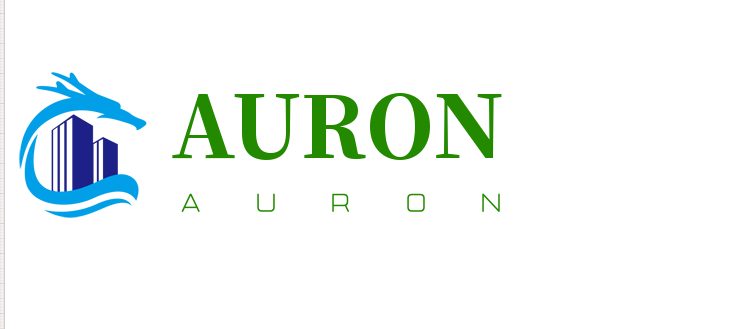There are many kinds of fibers that can be added to concrete, such as polypropylene fiber, polyester fiber, glass fiber, basalt fiber, steel fiber, nylon fiber, carbon fiber, etc. These fibers can be used as reinforced materials of concrete, but they have different choices in specific objects and environments. Polyester fiber is more likely to be used in asphalt concrete, while polypropylene fiber is the main secondary reinforcement material in concrete. This is related to the characteristics of polypropylene fiber itself.
1. Chemical corrosion resistance, concrete is a combination of inorganic salts and other costs, and has high alkaline strength. Therefore, as a secondary reinforcement material, it has better alkali resistance.
The density of polypropylene fiber is about 0.91g/cm3, which is the lightest material in synthetic fiber. Under the same length, diameter and weight, the quantity of polypropylene fiber is the most, which can achieve the best effect by using a smaller amount, and create economic benefits for engineering construction;
3. Good dispersibility. Polypropylene fiber is hard in quality and smooth in surface, so it is easy to disperse evenly in concrete. Good dispersion has little effect on the collapse height of concrete.

Now, polypropylene fiber is widely used in both concrete engineering and gypsum products. What are the advantages of polypropylene fiber in concrete?
1) Improving the crack resistance of mortar and concrete
2) Improve the impermeability of mortar and concrete
3) Improve the ability of mortar and concrete to resist freeze-thaw damage
4) Improve the durability of mortar and concrete
5) Improve the toughness and fatigue resistance of mortar and concrete, and improve the abrasion resistance of mortar and concrete







